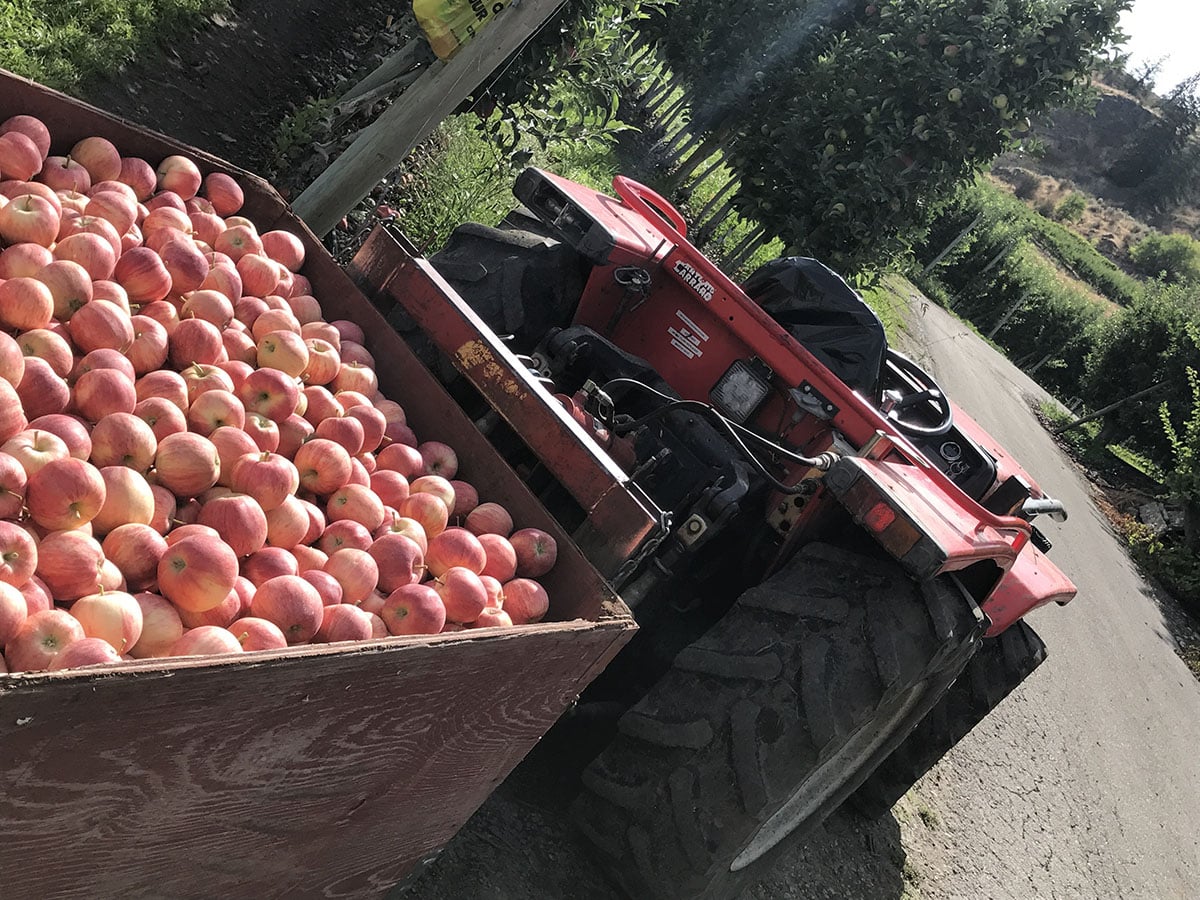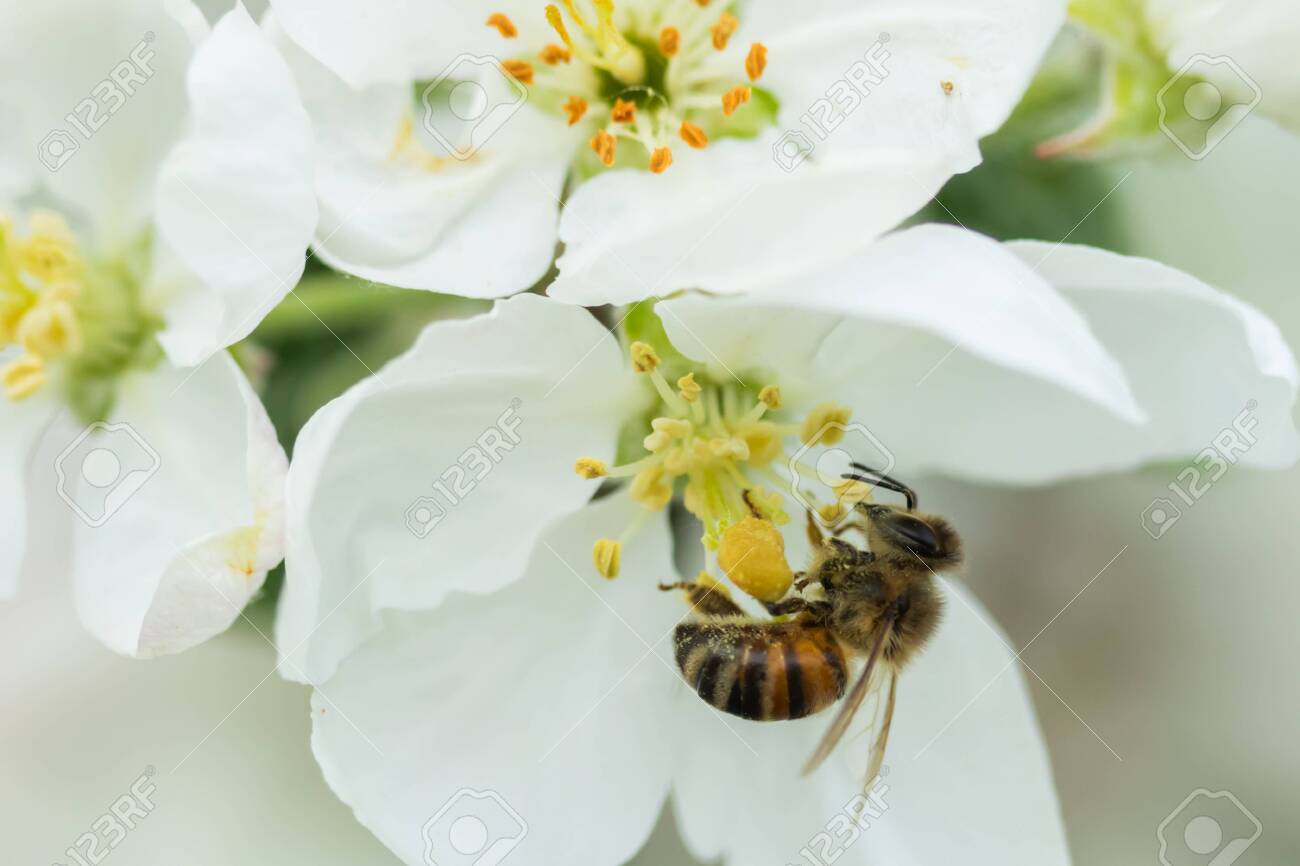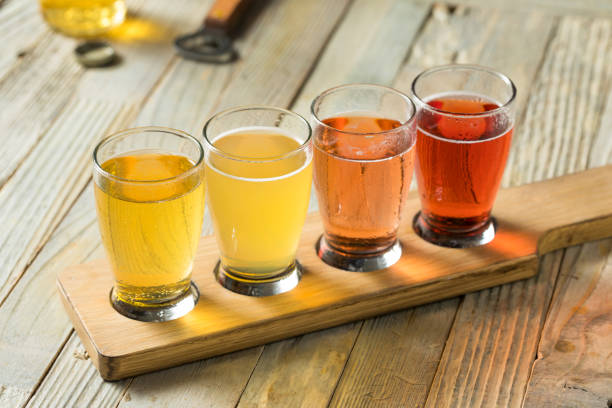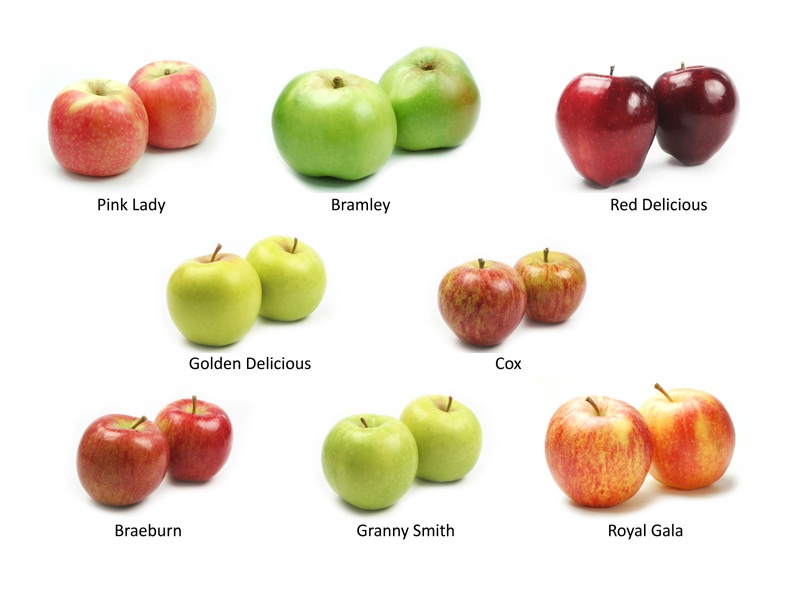Apple cider is a delicious and refreshing drink that has been enjoyed for centuries. It’s a staple of fall festivals, Thanksgiving dinners, and cozy nights by the fireplace. But did you know that alcohol plays a crucial role in the production of apple cider? In this blog post, we will explore the fascinating relationship between alcohol and apple cider.
First things first, let’s talk about fermentation. Fermentation is the process by which sugars are converted into alcohol and carbon dioxide by yeast. In the case of apple cider, the sugars come from the apples themselves. When the apples are crushed and the juice is extracted, it contains natural sugars that can be fermented into alcohol.
The amount of alcohol in apple cider can vary depending on a variety of factors, including the type of apples used, the length of fermentation, and the temperature at which the fermentation takes place. Generally speaking, most commercial apple ciders contain between 2-8% alcohol by volume (ABV). This is significantly less than beer or wine, which typically contain between 5-14% ABV.
One of the most interesting things about the role of alcohol in apple cider production is its cultural significance. In many parts of the world, apple cider has a long history of being associated with social gatherings and celebrations. In the United States, for example, apple cider has been a popular drink at fall festivals and Halloween parties for generations.
In addition to its cultural significance, alcohol also plays a crucial role in the flavor and aroma of apple cider. During the fermentation process, various compounds are created that contribute to the unique taste and smell of the cider. These compounds can vary depending on the type of yeast used, the temperature of fermentation, and other factors.
It’s worth noting that not all apple cider contains alcohol. In fact, there are many non-alcoholic apple ciders available on the market. These ciders are made using the same basic process as alcoholic cider, but the fermentation is stopped before the alcohol content gets too high. This means that they still have the delicious flavor and aroma of apple cider, but without the intoxicating effects.
In conclusion, the role of alcohol in apple cider production is a fascinating and complex topic. From its cultural significance to its impact on flavor and aroma, alcohol plays a crucial role in the creation of this beloved drink. So next time you raise a glass of apple cider, take a moment to appreciate the role that alcohol has played in its production. Cheers!




